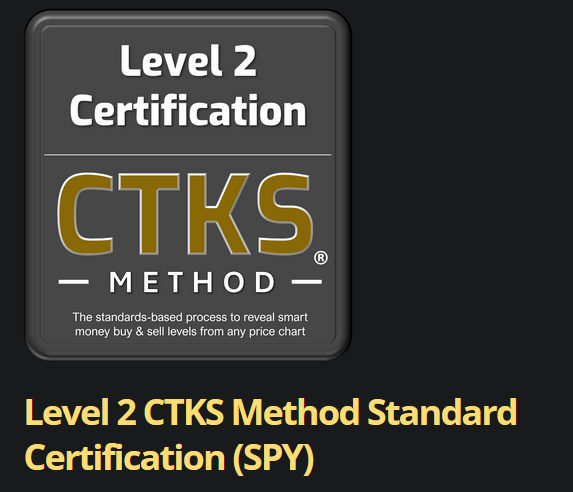-
So far, 128 cryptocurrency companies have authorization to function in Spain.
-
Several companies have expressed difficulties in adapting to MiCA.
On January 1, the laws to manage cryptocurrency platforms working in Spain will come into drive. A collection of guidelines that shall be utilized in the nation, primarily based on what is established in the Regulation for the Cryptoasset Market (MiCA) permitted in the European Union (EU).
According to the info proven in the registry of service suppliers of the Bank of Spain (BDE), to this point in 2024, some 37 service suppliers have registered with bitcoin (BTC) and different cryptocurrencies, for a whole of 128 companies approved to function in the Iberian nation.
Taking under consideration the quantity of authorizations that had been granted final yr, it may be thought of that the registry is shifting at a roughly steady pace, though It is a low quantity in relation to 2022, when the method was opened and authorization was given to greater than 50 companies.
However, if one considers that there are solely two and a half months left for the brand new regulation to come back into drive, it may be mentioned that Authorizations are continuing at a slow pace.
Enrollments alone have elevated by virtually 8% since final August. This implies that there would nonetheless be many service suppliers to register, since – in keeping with the figures revealed by Jesús Pérez, founder of Crypto Plaza – by 2023 there would already be greater than 200 companies associated to cryptocurrencies working in Spain.
In that sense, it is anticipated that registration functions will speed up in the approaching months, because it is a elementary requirement to proceed working each in Spain and in the remainder of the EU. This is what the brand new regulation establishes, registration with the Bank of Spain being a obligatory situation. This physique, along with the National Securities Market Commission (CNMV), was appointed by the federal government to oversee the sector.
As indicated in the newest BDE replace, most of the companies accepted to this point are primarily based in cities in Spain, with a few that declare having their base of operations in international locations akin to Cyprus, Italy, Malta, Austria, Lithuania, Estonia , Slovakia, Ireland and the Netherlands.
Among the approved ones, the cryptocurrency exchanges Bitpanda, Bit2Me, BitBase, Onyze and Binance España, in addition to Crypto.com, stand out. Some web3 companies and know-how builders are additionally on the checklist, akin to Vottun; together with some companies that supply cryptoasset custody providers, akin to Prosegur.
All these companies have complied with the collection of necessities requested by the BDEwhich incorporates the supply and certification of in depth documentation electronically, which entails a collection of phases to finish the registration.
The thought of many is to take benefit of the 12-month vesting interval, which is able to begin in January, throughout which approved and unauthorized corporations will “operate at the same time.” However, Spain is among the many international locations with the best challenges in adjusting to MICA, as said by CNMV spokespersons.
As CriptoNoticias reported final May, each regulators, exchanges and different suppliers have been compelled to rent further workers to adapt to MiCA. This, as a approach to speed up processes which might be proving advanced.
There are difficulties throughout the EU in adapting to MiCA
Like different European territories, Spain’s regulators should work with the European Securities and Markets Authority (ESMA) and the European Banking Authority (EBA). However, the persistence of many doubts about compliance is inflicting difficulties for companies to finish registration, all through the area.
This is mirrored in a survey launched by the consulting agency Acuit, which is investigating the affect of MiCA. To do that, he consults with executives from greater than 70 companies, together with exchanges, hedge funds and buying and selling companies in the cryptocurrency market.
The outcomes point out that solely 9% of cryptocurrency platforms, together with these of Spainare ready to adjust to the laws. 1 / 4 of them say they’re simply in the preparation part, and a third imagine they’re superior and greater than 25% have performed nothing.
Precisely, most of the doubts revolve round licensing that should be requested from the authorities. There is uncertainty amongst some corporations that have no idea whether or not or not they’re topic to MiCA. Many hedge funds, proprietary buying and selling corporations, and asset managers suppose they don’t have to adjust to this regulation.
Concerns are additionally current in the competent authorities of the 27 international locations of the eurozone, since in many of them progress is simply starting. in the transposition of the principles Mica to their respective laws.
All this is occurring at the identical time that the EU supervisory our bodies consistently urge companies to outline their regulatory standing promptly and observe compliance measures. The calls are rising because the regulation’s implementation deadline approaches later this yr.












